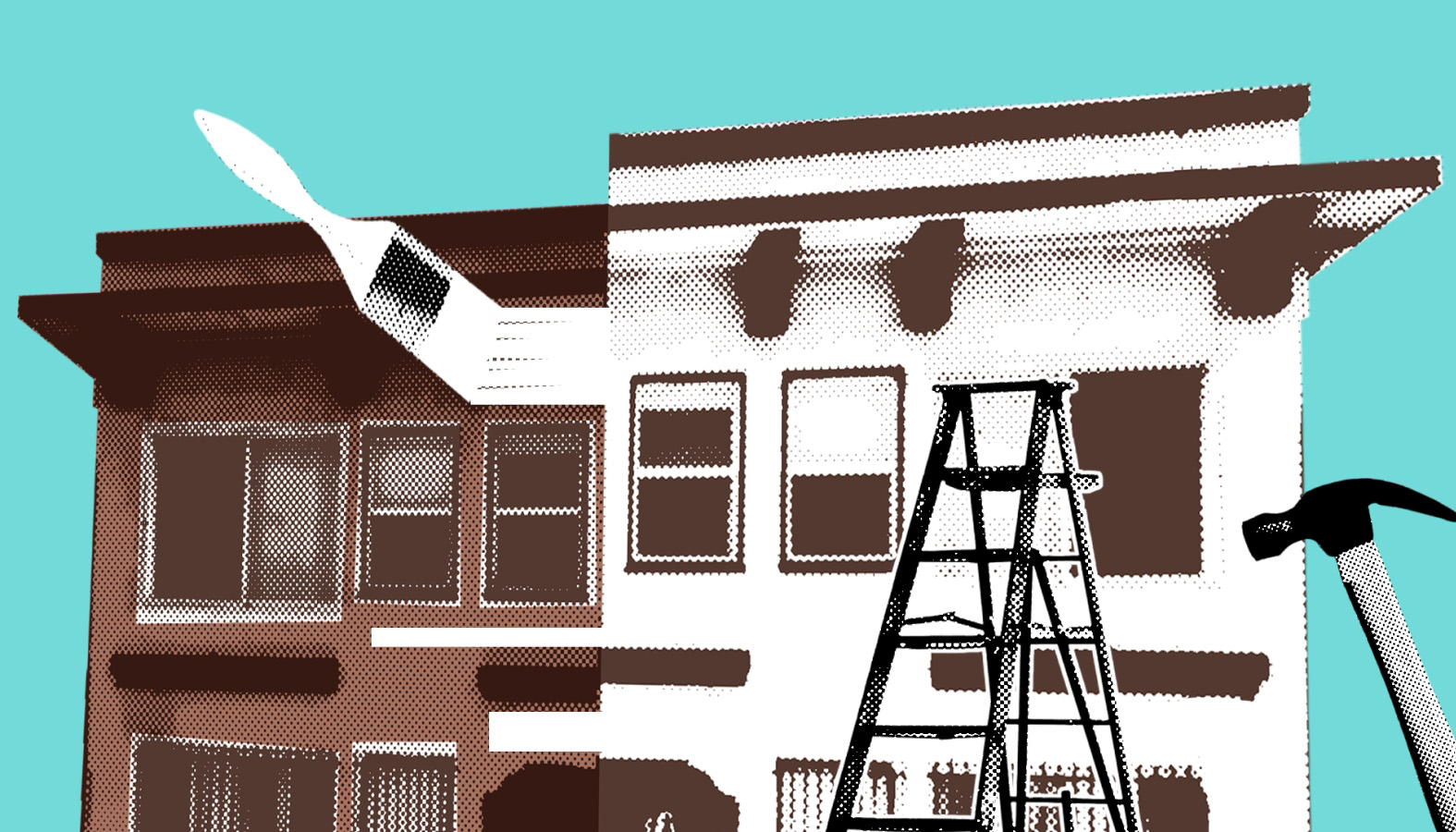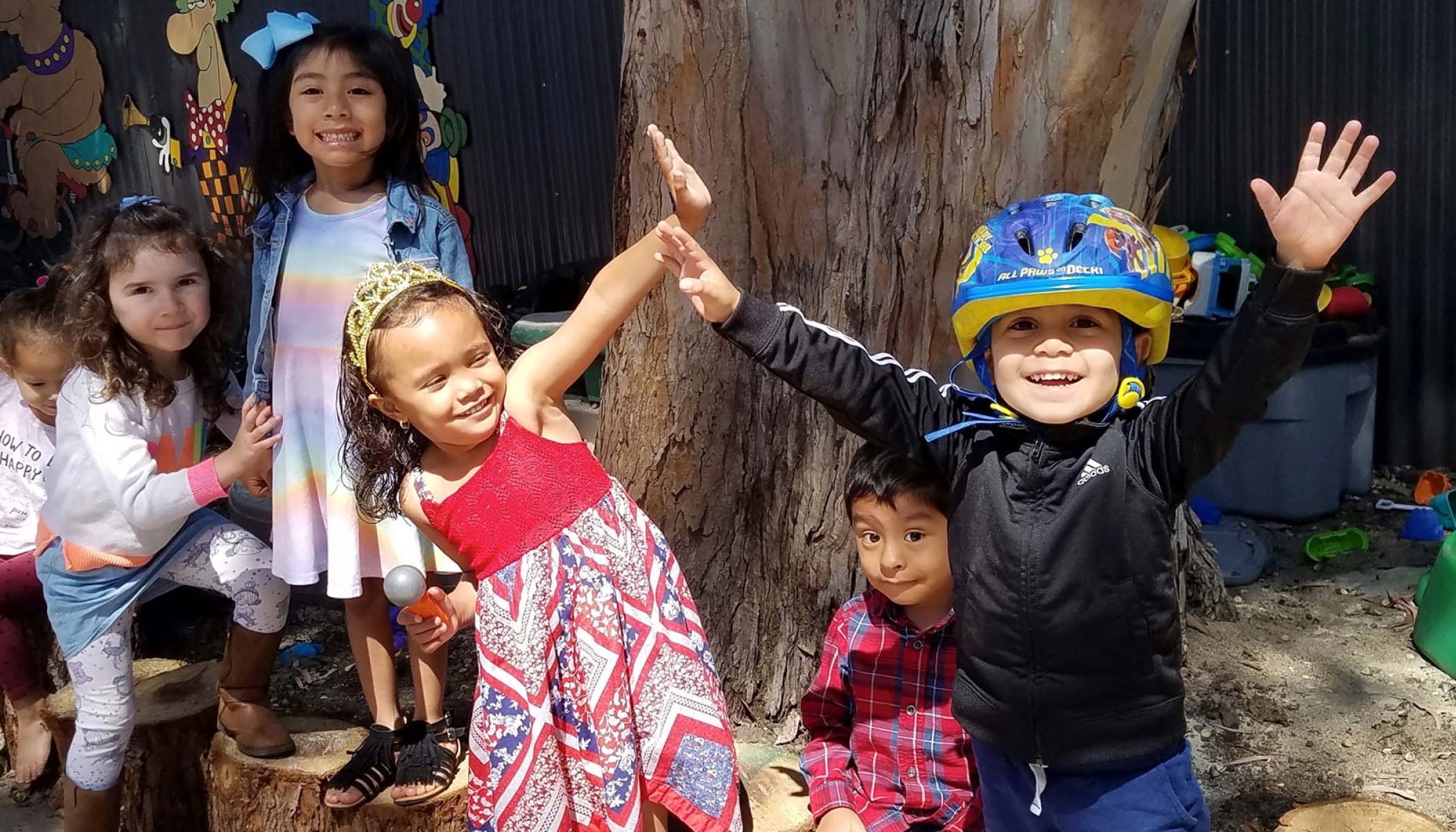Dec 19, 2024 · 6 min read
Local Rental Owners Collaborative Preserves Affordable Housing Through Community-Centered Solutions
Small local rental owners like William King are partnering with a first-of-its-kind program to prevent displacement and strengthen communities in South Los Angeles, California.

Rising rents and housing instability remain a critical challenge in South Los Angeles, California. Nearly half a million low-income renter households in Los Angeles County do not have access to an affordable home, and 77% of extremely low-income households spend more than half of their income on housing costs, according to a 2024 report by the California Housing Partnership. In a state where 44% of the population rents, this is a huge driver of economic insecurity.
Amid these challenges, William King, a local rental property owner, is committed to being a part of a much-needed change.
It’s really about (caring for) the people in my community and being able to make a difference in their quality of life without impacting rent so much.

An immigrant from Liberia, King purchased a four-unit property near Exposition Park in Los Angeles in 2012, not only as a step toward financial security but as a way to give back to his community. King lives in the building, and his tenants include a veteran, a pastor and a multigenerational family — residents he sees as more than neighbors.
“It’s really about (caring for) the people in my community and being able to make a difference in their quality of life without impacting rent so much,” King says.
But when the COVID-19 pandemic hit, his tenants fell behind on rent, and he faced mounting challenges to keep his property afloat. King worried about losing his property and where his tenants would go. That’s when one of the tenants told him about the Local Rental Owners Collaborative (LROC), a program supported by the Chan Zuckerberg Initiative and led by the Coalition for Responsible Community Development and Enterprise Community Partners, designed to help small landlords preserve affordable housing.
Preservation Is at the Heart of Affordable Housing Solutions
CZI’s work to ensure everyone has a safe, accessible, affordable place to call home centers around the 3 Ps: producing more housing, preserving existing housing, and protecting residents from displacement.
Preservation of naturally occurring affordable housing has become a critical strategy in combating the housing crisis. Programs like LROC prioritize supporting small rental property owners with below-market rents, particularly in communities that are vulnerable to displacement pressures.
“Production alone will not solve our problems, and even if we start producing at the levels we should — it generally takes three to seven years to deliver a single project,” says Ruby Bolaria Shifrin, CZI’s vice president and head of community. “Preservation keeps people housed immediately.”
Read more: 7 Creative Solutions to Affordable Housing in California
The LROC pilot program, launched in South Los Angeles, offers low-barrier rental assistance, funding for property maintenance and energy retrofits, and mediation services to resolve tenant disputes. The goal is to empower rental owners to maintain their properties and support tenants without raising rents.
Small rental properties — typically buildings with one to four units — like King’s make up about half of all rental homes in the United States, according to a 2021 Brookings report. Yet, they often face challenges like deferred maintenance, difficulty securing financing and increasing operating costs. Preservation programs like LROC are helping address these issues while maintaining affordability.
In the past three years, the program has already delivered significant results, including:
- Exceeded its initial goal of serving 100 units, now supporting 52 owners managing approximately 300 units, achieving the scale necessary to unlock efficiencies typically seen by institutional owners.
- Deployed $1.4 million in arrears and pivoted to align with the federal rent relief program, leveraging government funding to stretch resources further and allocate more support toward deferred maintenance.
- Curbed displacement, with no evictions recorded and 7% of households successfully completing LROC mediation to remain housed.
Looking ahead, LROC offers a replicable model for communities across the country. Enterprise Community Partners is in active discussions with communities in Chicago, New York, Atlanta and Hawaii to explore how LROC can be adapted and scaled nationwide.
The Human Impact of Affordable Housing Preservation
King’s journey with LROC exemplifies the potential of preservation strategies to create meaningful change. By accessing repair grants through the program, combined with their own capital, owners like King are able to make necessary updates to their properties, such as addressing deferred maintenance, which benefits owners and their tenants.
“The emergency relief helped me with renter arrears,” King says. “It helped me with some building maintenance work … and kept me from having to raise rents.”
Since LROC’s creation, 88% of owners like King have been able to make repairs, totaling $1.3 million in grants. These repairs range from structural updates to energy efficiency upgrades, ensuring properties remain safe and habitable for tenants.
In South Los Angeles, speculation, or buying properties with the intent to sell for a profit, is high. These efforts not only support rental property owners but also resist speculative buyouts. One hundred percent of participating LROC owners reported being approached by speculative buyers, but the program’s resources helped them hold onto their properties. There has only been one property sale.
Bolaria Shifrin adds, “Owners and tenants can align incentives and share in prosperity.”
The Role of Philanthropy and Partnerships
Addressing the housing crisis requires collaboration at every level, and philanthropy plays a unique and catalytic role. Programs like LROC exemplify how strategic partnerships can drive systemic solutions. With funding and support, local organizations like the Coalition for Responsible Community Development lead efforts on the ground, coordinating tenant services, repairs and mediation. Meanwhile, national partners like Enterprise Community Partners bring policy expertise and program implementation strategies, ensuring that preservation efforts are sustainable and scalable.
Philanthropy’s ability to embrace risk and provide flexible funding is critical to addressing systemic challenges in affordable housing. Initiatives like LROC demonstrate how catalytic investments can support innovative pilots that de-risk preservation projects for public and private capital. For example, LROC’s repair grants and mediation services have empowered rental owners to improve their properties and keep tenants housed.
Explore more: CZI Calls for Innovative Financing Approaches To Tackle California’s Housing Shortage
The collective efforts behind LROC underscore the potential of philanthropy and partnerships to create meaningful, scalable solutions. As challenges with housing affordability persist, these strategies provide a roadmap for ensuring people from all backgrounds and income levels can live, work and thrive.
Preserving Housing, Strengthening Communities
Learn more about CZI’s affordable housing efforts and explore how preservation strategies like LROC are shaping a future where affordable housing is within reach for all.






